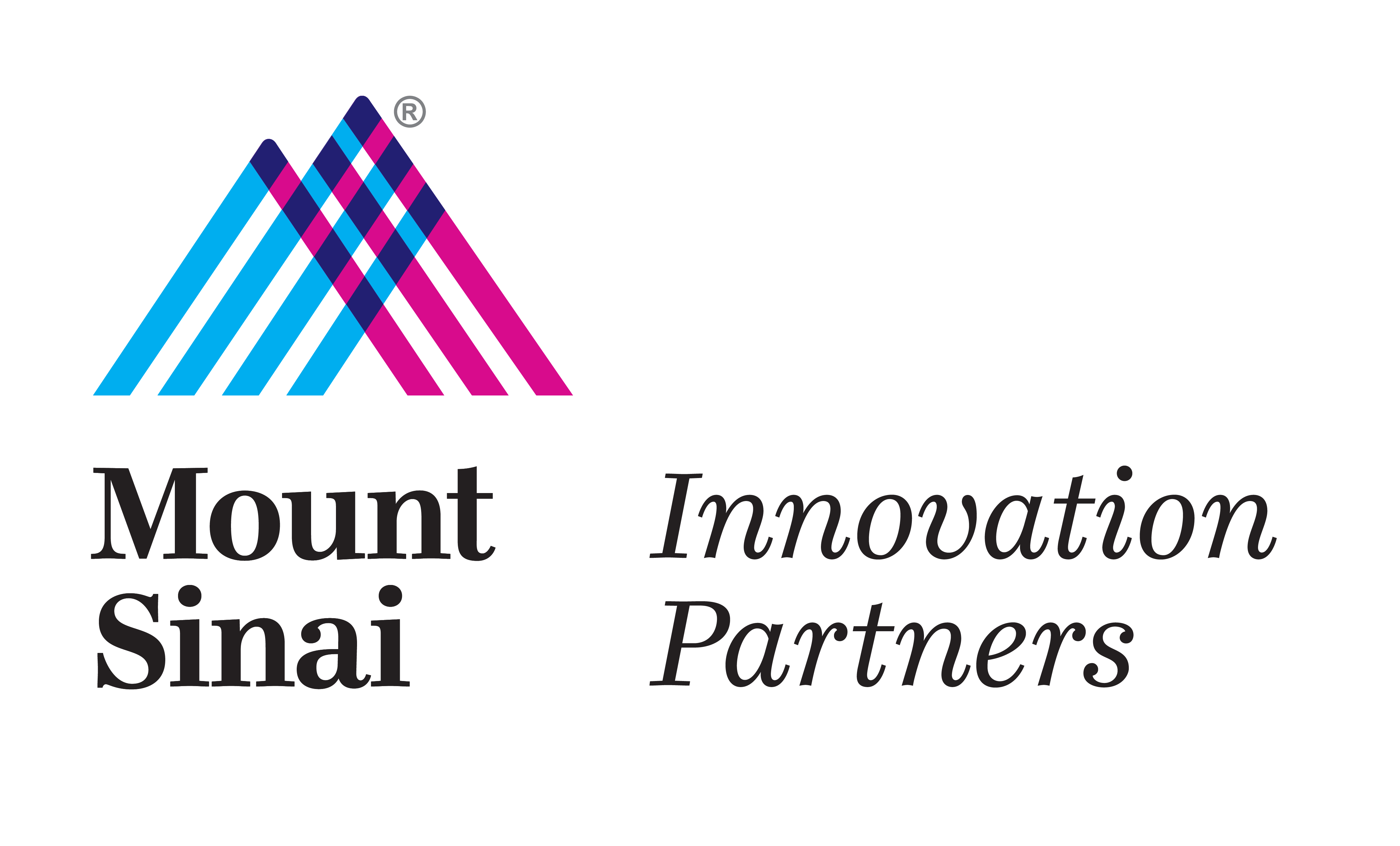Boehringer Ingelheim partners with leading scientific institutions in inflammatory bowel disease research
November 10, 2015November 10, 2015 – Boehringer Ingelheim today announced new collaborations with four major scientific partners to enrich research and development of novel therapeutic approaches for patients with inflammatory bowel disease (IBD), including the Icahn School of Medicine at Mount Sinai, Massachusetts General Hospital, Scripps Research Institute and Weill Cornell Medicine. These collaborations aim to identify and validate potential new therapeutic targets as well as identify biomarkers that offer the potential to address the significant unmet medical needs of patients suffering from IBD such as Crohn’s disease and ulcerative colitis.
“Academia-industry collaborations are an extraordinarily effective way to advance research and we recognize the importance of joining forces with leading experts to effectively develop innovative therapies,” said Clive Wood, senior corporate vice president Discovery Research at Boehringer Ingelheim. “We must gain a better understanding of the mechanisms responsible for the onset and development of IBD-related diseases such as Crohn’s disease and ulcerative colitis. With these collaborations, we aim to transform the treatment of immune diseases to ultimately improve lives of patients and those who care for them,” he added.
Boehringer Ingelheim scientists from around the world will work hand-in-hand with leading experts at the respective institutions to enhance the speed of cutting-edge research and to foster information sharing. The company will also provide scientific and technology support as well as research funding to the four scientific partners.
Icahn School of Medicine at Mount Sinai – New York (Dr. Sergio Lira, Dr. Miriam Merad, Dr. Andrea Cerutti)
The joint research teams from Mount Sinai and BI will collaborate to interrogate both adaptive and innate immune response mechanisms that may be unique to both Crohn’s disease and ulcerative colitis. This research is expected to provide new insights into IBD pathogenesis and offers unique opportunities for target discovery and biomarker validation.
https://icahn.mssm.edu/
Massachusetts General Hospital – Boston, Massachusetts (Dr. Frederick Ausubel)
Boehringer Ingelheim’s ongoing collaboration with Dr. Frederick Ausubel will leverage the state-of-the-art, high-throughput chemical and genetic screening capabilities to uncover new mechanisms at the host-environment interface that are compromised in patients with IBD.
https://www.massgeneral.org
Scripps Research Institute – La Jolla, California (Dr. Dennis Wolan, Dr. Andrew Su)
The objective of Boehringer Ingelheim’s collaboration with Dr. Dennis Wolan is to gain a deeper understanding of the role of specific bacterial enzymes in the onset of ulcerative colitis. Dr. Wolan’s research effort will focus on utilizing biophysical, proteomic and chemical biology methods to identify new protein targets involved in the pathology of ulcerative colitis.
https://www.scripps.edu/
Weill Cornell Medicine – New York (Dr. David Artis, Dr. Gregory Sonnenberg)
The research collaboration with Dr. David Artis and Dr. Gregory Sonnenberg at the Jill Roberts Institute for Research in IBD at Weill Cornell Medicine will jointly pursue an integrated pre-clinical and translational research program related to certain defined cellular processes and targets that regulate the maintenance of the gut mucosal barrier in healthy and IBD-affected patients. This work is anticipated to lead to the discovery and validation of new therapeutic modalities and biomarker approaches for IBD.
https://weill.cornell.edu/
About IBD
The global prevalence of IBD is increasing, with an estimated 1-1.3 million people in the United States1 and 2.5-3 million in Europe2currently suffering from these diseases and their complications. IBD is a chronic life-long condition with significant health and economic costs. Seventy-five percent of patients with Crohn’s disease and 25 percent with ulcerative colitis may require surgery at some point during their lives.3
About Boehringer Ingelheim Pharmaceuticals, Inc.
Boehringer Ingelheim Pharmaceuticals, Inc., based in Ridgefield, CT, is the largest U.S. subsidiary of Boehringer Ingelheim Corporation.
Boehringer Ingelheim is one of the world’s 20 leading pharmaceutical companies. Headquartered in Ingelheim, Germany, the company operates globally with 146 affiliates and more than 47,000 employees. Since its founding in 1885, the family-owned company has been committed to researching, developing, manufacturing and marketing novel treatments for human and veterinary medicine.
Boehringer Ingelheim is committed to improving lives and providing valuable services and support to patients and families. Our employees create and engage in programs that strengthen our communities. To learn more about how we make more health for more people, visit our Corporate Social Responsibility Report.
In 2014, Boehringer Ingelheim achieved net sales of about $16.96 billion dollars (13.3 billion euros). R&D expenditure corresponds to 19.9 percent of its net sales.
For more information please visit www.us.boehringer-ingelheim.com, or follow us on Twitter @BoehringerUS.
1Centers for Disease Control and Prevention. Inflammatory bowel disease (IBD), https://www.cdc.gov/ibd. Accessed June 08, 2015.
2Johan Burisch, The burden of inflammatory bowel disease in Europe, Journal of Crohn’s and Colitis, 2013; 7(4):322-334
3Centers for Disease Control and Prevention. Inflammatory bowel disease (IBD), https://www.cdc.gov/ibd/addressing-ibd.htm. AccessedJune 08, 2015.

